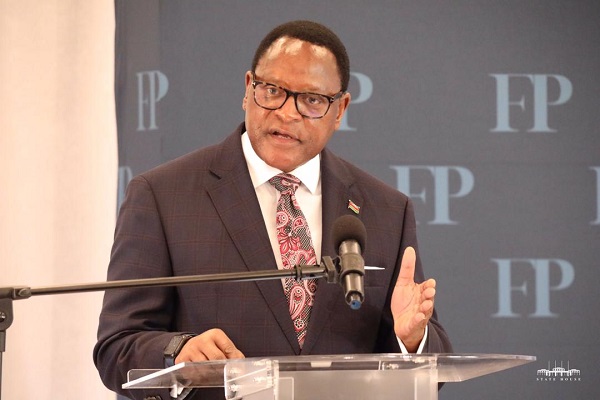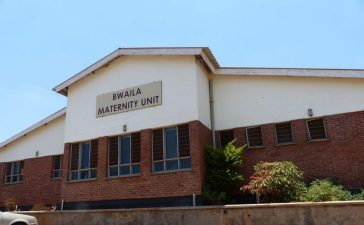In the wake of increasing revelations about the misuse of foreign currency in Malawi, President Lazarus Chakwera’s recent executive intervention on Foreign Currency Control Measures has been revered as a necessary step toward restoring order and integrity within our monetary system. With the Reserve Bank of Malawi serving as the cornerstone of our financial regulations, it is crucial that all financial institutions adhere to the established guidelines, which they have already agreed to upon commencing operations.
Recent disclosures from the Attorney General have unveiled alarming activities among certain non-governmental organizations (NGOs), research institutions, and other entities that receive foreign currency in their Foreign Currency Denominated Accounts (FCDAs). Instead of utilizing these funds for their intended purposes, it has been found that some of these organizations engage in illicit exchanges with third parties, circumventing the established regulatory framework. This form of unregulated exchange undermines the stability of Malawi’s economy, particularly as the formal market grapples with significant foreign currency shortages.
The collusion between these institutions and certain Treasury departments within commercial banks to transfer foreign currency to third parties for the Malawi Kwacha is profoundly concerning. Such actions not only promote black market practices but also hinder the efficient functioning of our formal market—a direct threat to economic stability and service delivery. It is critical to recognize that depositing incoming foreign currency into unauthorized channels is both criminal and a violation of not only Malawi’s financial laws but also any country’s financial laws around the globe.
The Attorney General’s assessment of the foreign currency shortage as largely driven by these illegal dealings raises an imperative for tightening regulations surrounding forex management. By mandating that all foreign currency received in the form of grants or donations for public service be deposited with the Reserve Bank of Malawi, the government can enhance accountability and promote better management of financial resources.
Malawians increasingly understand the profound impact of foreign currency shortages on their daily livelihoods. The challenges in importing essential goods, such as fuel, fertilizers, and medical supplies, can largely be traced back to the abuse of foreign currency by a small fraction of the population. This mismanagement significantly depletes our forex reserves and directly affects the availability of key commodities that the nation relies on.
If we continue to overlook the clandestine collusion between commercial banks and NGOs engaged in these illicit activities, we can expect further negative repercussions on service delivery across vital sectors of our economy. Troublingly, much of the foreign currency that might be theoretically available is siphoned off by organizations that prioritize their interests over the nation’s welfare. It is disheartening to realize that individuals engaged in this sabotage are, in many cases, fellow Malawians who are undermining the collective good for personal gain.
In light of these circumstances, President Lazarus Chakwera is justified in issuing the call for stricter forex controls. This order is not merely a bureaucratic formality—it is vital for restoring sanity in how foreign currency is managed and allocated in Malawi. The goal is to ensure that forex resources benefit everyone, fortifying our economic framework against further instability.
As we move forward, it is imperative that all stakeholders—government officials, financial institutions, and civil society organizations—collaborate to ensure compliance with these measures. Only through collective vigilance and responsible practices will we safeguard our nation’s financial health and lay the groundwork for a more prosperous future for all Malawians.













